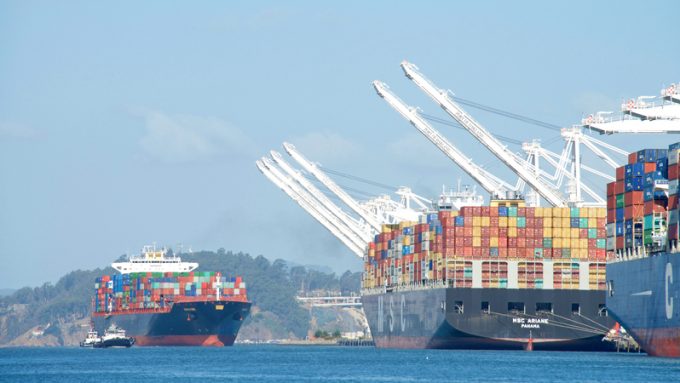LL: New US administration, new leaders of US maritime regulation
Lloyd’s List reports: IT IS a new political era in the US with the arrival of ...

The US Senate yesterday passed the Ocean Shipping Reform Act 22 (OSRA 22) and will now seek to agree a final version of the bill with the House of Representatives before President Biden signs the legislation into law.
Beneficial cargo owners and non-vessel operators at US terminals have vociferously raised issues that have hobbled supply chains, which the OSRA 22 seeks to address, but with contract negotiations between the unions and terminal operators due to start on 12 May, more disruption ...
Volcanic disruption at Anchorage could hit transpacific airfreight operations
Macron calls for ‘suspension’ – CMA CGM's $20bn US investment in doubt
De minimis exemption on shipments from China to the US will end in May
Forwarders stay cool as US 'liberation day' tariffs threaten 'global trade war'
Trump tariffs see hundreds of cancelled container bookings a day from Asia
Mixed response in US to 'Liberation Day', while China leads wave of retaliation
Tariffs and de minimis set air freight rates on a volatile course

Comment on this article